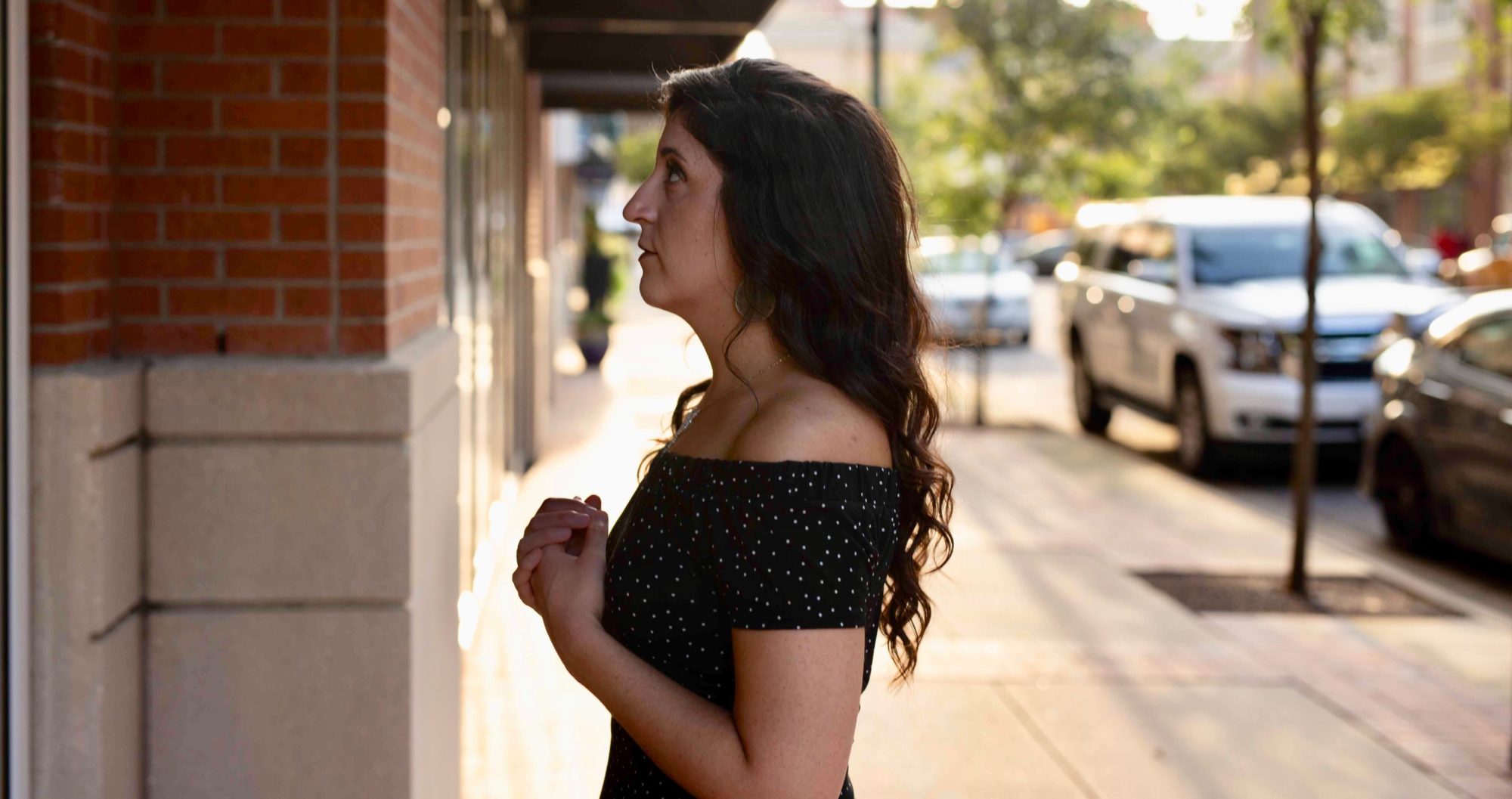“I urge you to still every motion that is not rooted in the kingdom. Become quiet, hushed, motionless until you are finally centered. Strip away all excess baggage and nonessential trappings until you have come into the stark reality of the kingdom of God. Let go of all distractions until you are driven into the Core.” – Richard Foster, from his book Freedom of Simplicity
This weekend I traveled solo 170 miles south to a town called Cape Coral.
Road trip! A mini-vacation.
I stayed with my friend Kim and we celebrated 15 years of friendship. We watched movies, got burnt on the beach (where we also swam with sharks!) and sipped OJ and coconut rum. I didn’t bring my computer.
My friends would tell you I’m about as untethered to technology as it gets, but you don’t realize how much you use your computer until you don’t have access to it. In three days, I checked my e-mail twice from Kim’s computer, but I didn’t act on any messages I got.
I’ve always been quick to trash talk technology but e-mail is one thing I’ve long believed I couldn’t live without — literally, in that I really couldn’t do my job if it weren’t for e-mail. And not so literally, in that I can’t stand the thought of receiving a note that forever goes unanswered.
But leaving the laptop behind turned out to be a relief.
I liked not checking my e-mail.
I liked denying my self-imposed obligation to respond with rapidity.
I liked letting it go.
There is a stillness of body and mind in shifting our eyes away from all our screens. And in it, there’s also freedom.
I want more of that. And less e-mail.
